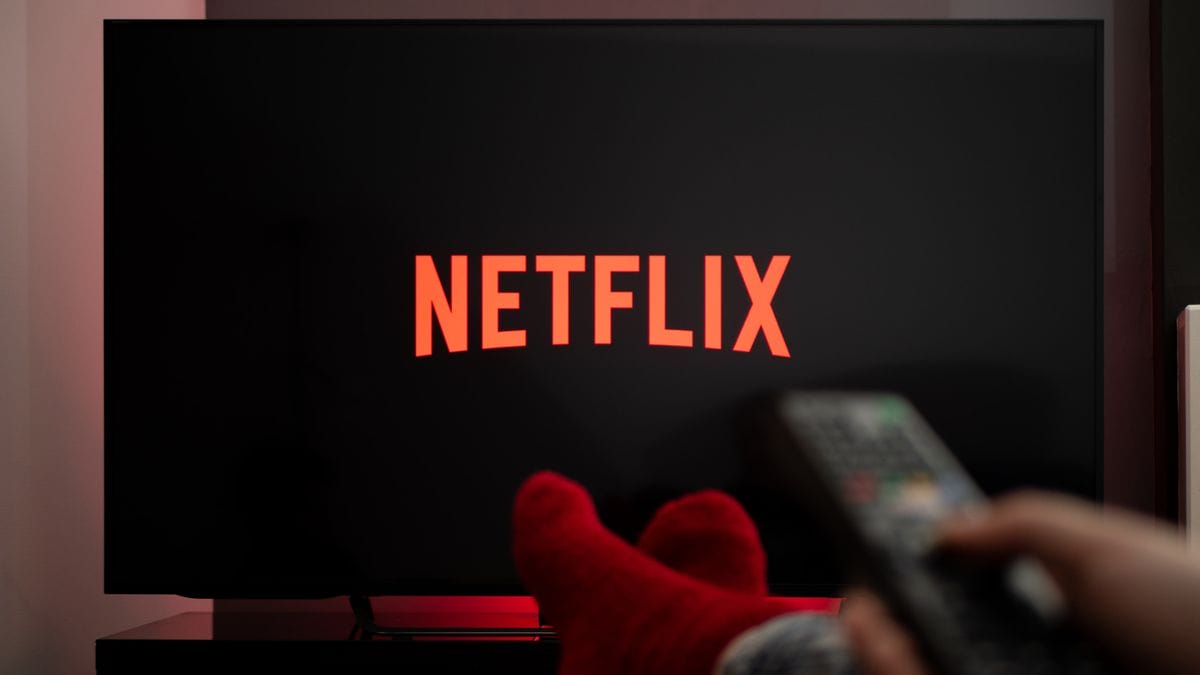The Dutch Data Protection Authority (Dutch DPA) fined Netflix €4.75 million for violating GDPR rules between 2018 and 2020. During this period, Netflix failed to give users clear and adequate information about its data handling practices.

Key Findings from the Investigation
The Dutch DPA identified major gaps in how Netflix handled user data transparency. For instance, Netflix collected personal details, including email addresses, phone numbers, payment data, and viewing habits. However, the investigation revealed several shortcomings:
- Netflix’s privacy statement did not clarify the purposes or legal basis for collecting personal data.
- It provided vague explanations regarding the sharing of personal data with third parties.
- Users were not informed about how long Netflix retained their data.
- The company failed to explain how it protected data sent to non-EU countries.
- When users requested details about their personal data, Netflix’s responses were unclear and incomplete.
Aleid Wolfsen, Chairman of the Dutch DPA, stressed the importance of transparency, especially for global companies. He said, “Netflix must clearly explain to its customers how it handles their personal data. This clarity is critical, particularly when customers ask questions.”
Origins of the Complaints
The investigation began after complaints from None of Your Business (noyb), an Austrian privacy advocacy group. Although the complaints were initially filed with the Austrian Data Protection Authority, they were forwarded to the Dutch DPA, as Netflix’s main European establishment is in the Netherlands.
Under GDPR rules, companies operating in multiple EU countries are regulated by the data protection authority in their primary European base. The Dutch DPA coordinated its investigation with other European regulators.
What This Means for GDPR Compliance
This fine highlights the growing enforcement of GDPR rules across Europe. It underscores the importance of transparency and accountability for companies that handle personal data.
Netflix has since updated its privacy statement and improved its data transparency. However, the case serves as a reminder to businesses to prioritize GDPR compliance to avoid significant penalties.
The Bigger Picture
Netflix’s penalty is not an isolated case. Recently, Meta was fined €251 million for a 2018 data breach affecting 29 million Facebook users globally. These cases demonstrate the increasing scrutiny of tech giants by European regulators.
In Nigeria, these developments are signaling the importance of robust enforcement under the Nigeria Data Protection Act, particularly regarding how multinationals handle Nigerians’ data.
Conclusion
The €4.75 million fine imposed on Netflix emphasizes the need for companies to comply fully with GDPR transparency standards. As data protection enforcement intensifies globally, businesses must ensure clarity in their privacy practices to build trust and avoid penalties.






